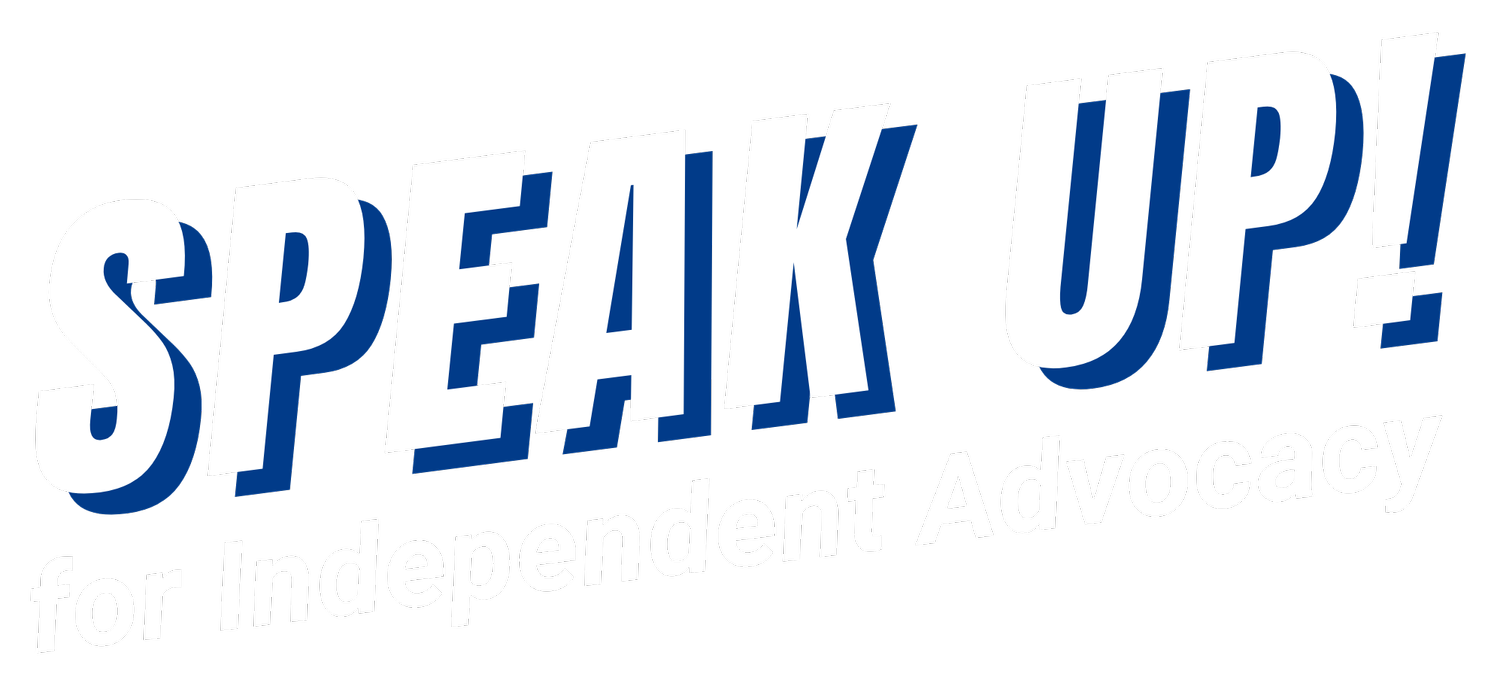Independent Advocacy
Independent disability advocacy organisations in Australia are represented by Disability Advocacy Network Australia (DANA). The purpose of DANA is to strengthen and support the independent organisations who advocate for the rights of people with disability through their work.
Advocacy Speaks Up! for people with disability.
Advocacy is a key part of protecting the rights of people with disability. The independent organisations who exist around Australia are having to turn people away due to lack of resources, staff and capacity. Many of the smaller organisations are not even eligible for NDAP funding. Our sector is in crisis.
In November 2023, DANA submitted a Pre-budget funding proposal to urge the Federal Government to triple the funding for independent advocacy in Australia and address significant shortfalls in the capabilities to support people with disability.
In our submission; A strong, sustainable future: addressing capacity shortfalls for a strengthened disability advocacy sector, we ask the Federal Government to immediately invest in the independent disability advocacy sector with a top-up of at least $91.225 million to ensure people with disability can get the support they need, and to navigate the coming changes across the disability sector.
You can read the Pre-budget Submission here.
Independent disability advocates are an essential partner in ensuring that reforms are understood, information is disseminated, and service and system transitions are managed appropriately. Without a significant increase in funding for our sector, disability advocacy organisations cannot do the vital work they all do.
It’s time to Speak Up! for Independent Advocacy.
